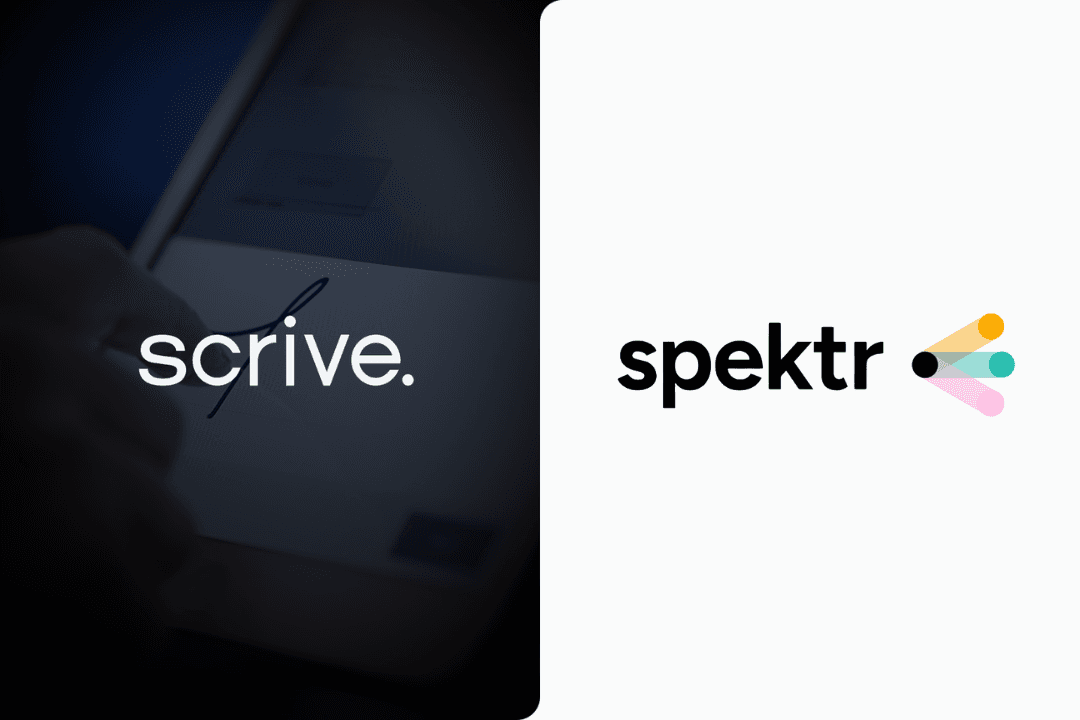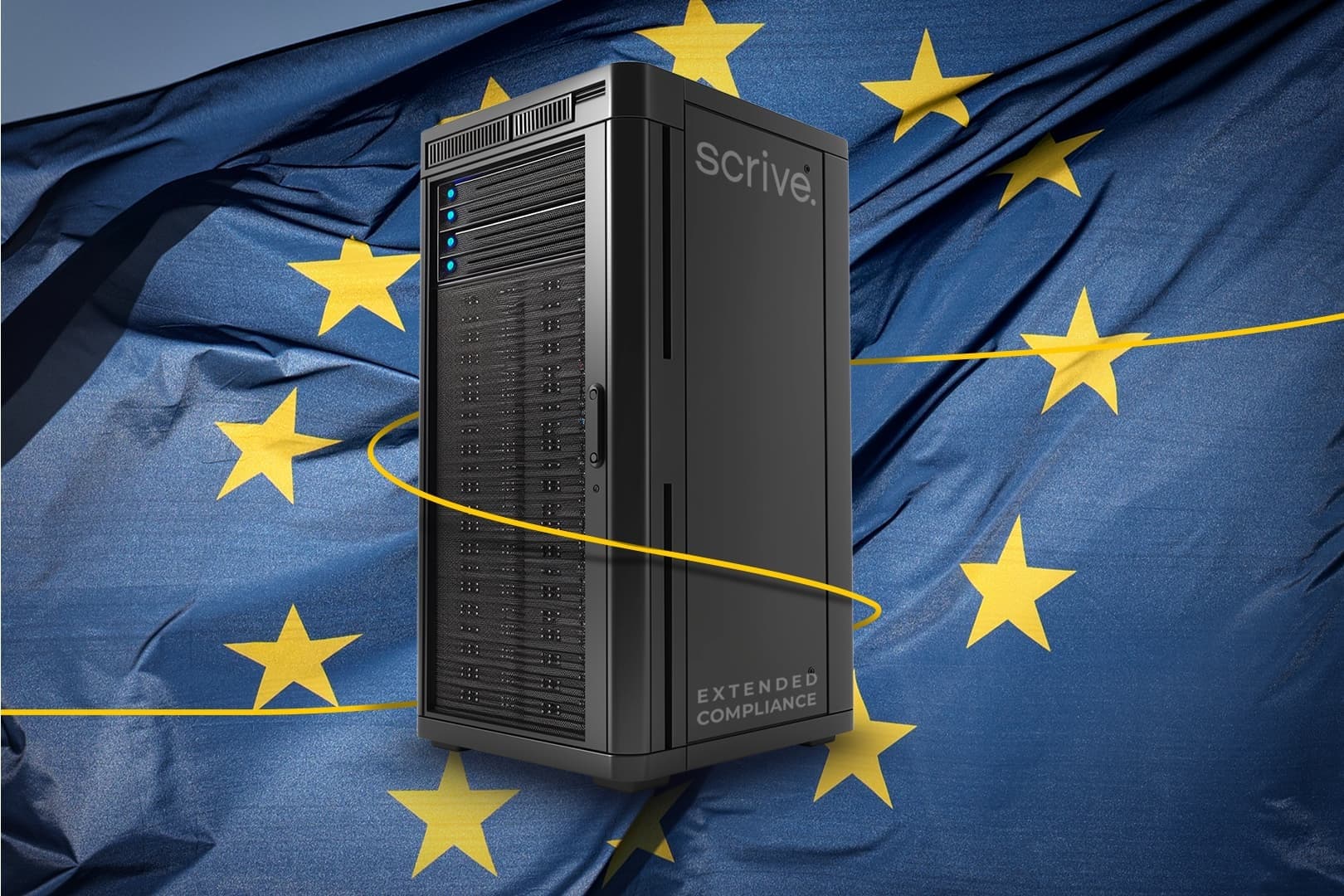It’s actually three questions in one, and not all of them are legal questions.
As e-signing becomes increasingly common, we continue to get this question. It may well be on your mind too. Or your customer’s. For anyone who’s wondering, we’ve gathered some simple yet thorough answers.
Hear from a legal expert
In this series of short, informative videos, trade law professor Christina Ramberg answers these questions:
- Are e-signatures legally binding?
- How do I prove the identity of the signing parties?
- What evidence can I show later?
If I e-sign a contract, will the counterpart be required by law to honour it?
For 99.99% of all documents, the answer is a solid “yes”. Contract law world wide typically honours any agreement where the parties’ intentions to become bound are clearly stated. A handshake, phone recording, fax, paper signature and e-signature are all valid.
(1:10)
How do I prove the identity of the signing parties?
This is about business risk as well as legality. The question is: “What degree of identification do you need from your counterpart to confidently execute this transaction?”
When selling a car, or a phone with a leasing contract, an ID check decreases fraud risk. When selling cloud services, the only risk is one missed payment. The choice is yours. Scrive will implement any technology you require for counterpart identification, including eID, two-factor authentication via PIN by SMS and taking a photo of an ID.
(1:42)
What evidence can I show later?
Is the evidence material legally durable? Will it hold up in court?
A document signed on paper provides a fairly high quality of evidence. Electronic evidence is easy to fabricate, but a conscious decision to design for legal durability means that evidence materials such as email, SMS and chat dialogues are rarely disputed in legal proceedings. That’s why Scrive is a world leader in evidence quality. Our evidence material makes the document 100% independent of Scrive or any other third party.
(1:35)
Are e-signatures widely accepted?
An e-sign service is only as good as the trust of the party who signs and the party who accepts the signed document.
Scrive has earned the trust of hundreds of companies, including some of the strongest global brands. Each month they rely on us to sign hundreds of thousands of documents, in over 190 countries. Customer enthusiasm to e-sign is very high, and third parties that don’t yet support receiving electronic documents, for technical or company policy reasons, are becoming increasingly rare.
How do you protect an electronic document from forgery?
Learn about digital signatures, document integrity and more in the Scrive Trust Center.


